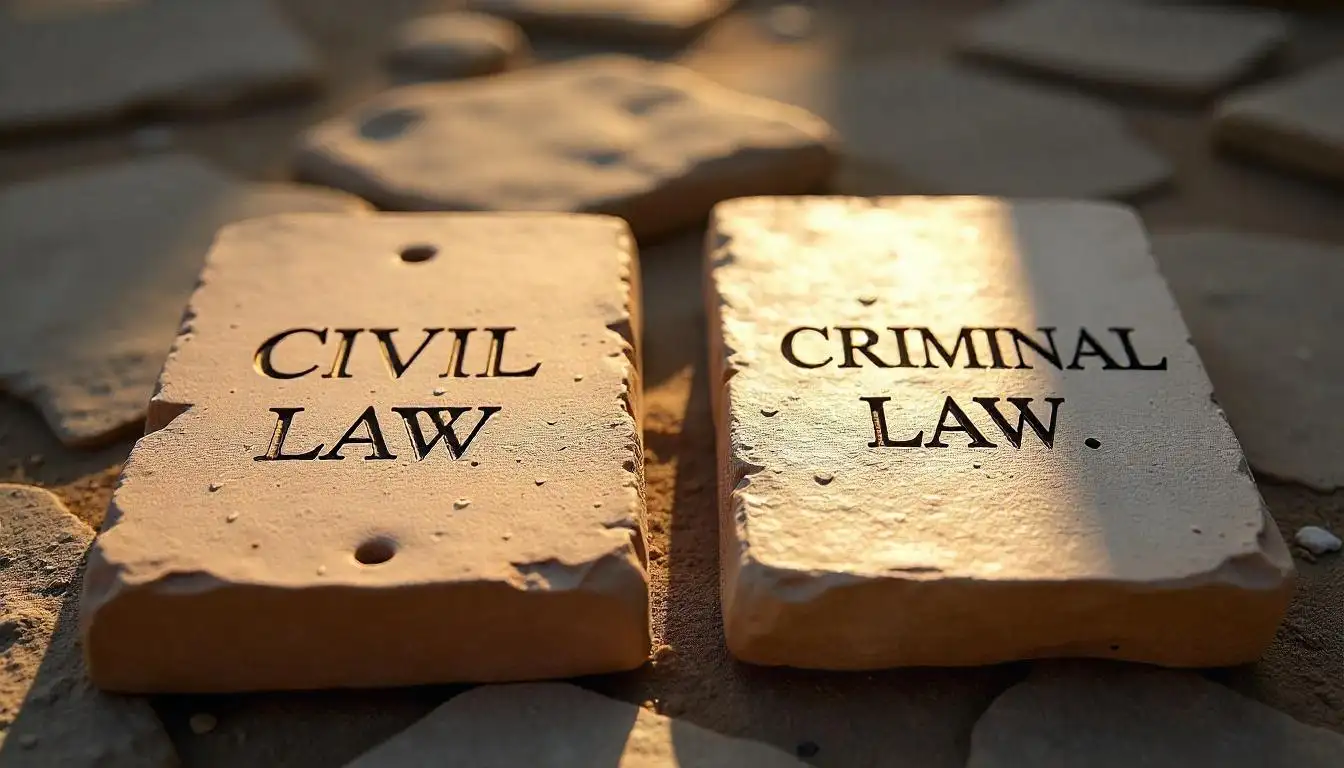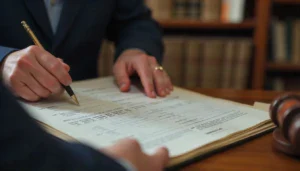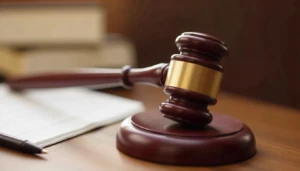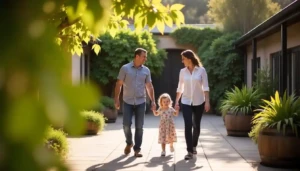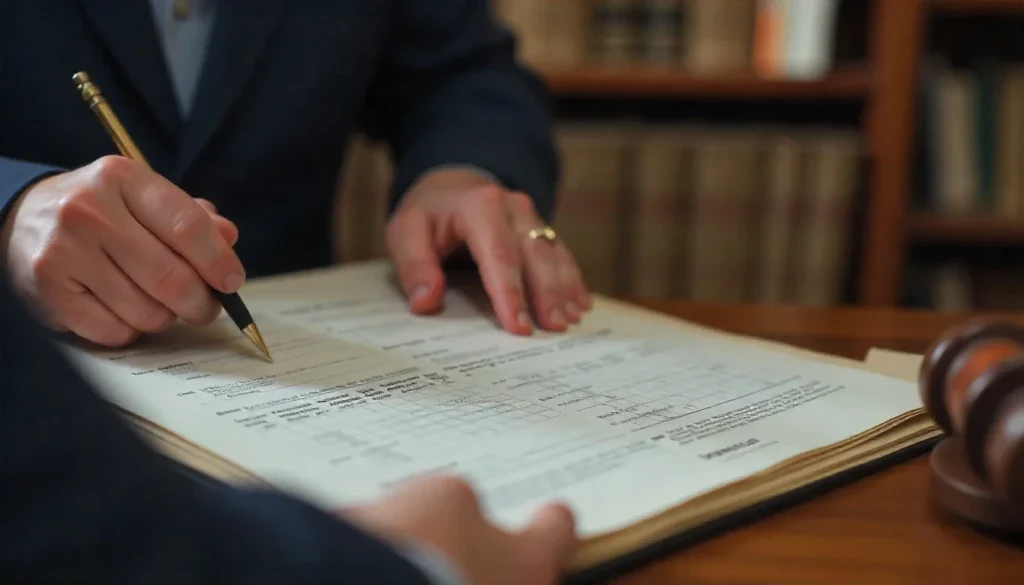The legal landscape in New South Wales (NSW) can be confusing, especially when you’re trying to understand how different types of law apply to your situation. One of the most important distinctions in our legal system is between civil law vs criminal law. These two areas serve different purposes, involve different procedures, and can lead to very different outcomes.
Whether you’re facing a legal matter or simply trying to become more informed, it’s essential to understand how civil and criminal law work in NSW.
What Is Civil Law vs Criminal Law?
Civil law in NSW governs disputes between individuals, organisations, or both. These disputes often involve issues like unpaid debts, personal injury claims, family law matters, or disagreements over contracts or property.
Criminal law, on the other hand, involves actions that are considered offences against society. When someone is charged with a criminal offence, it’s the State of NSW—through the police and the Office of the Director of Public Prosecutions (DPP)—that takes legal action, not a private individual.
In short:
-
Civil law deals with private rights and obligations.
-
Criminal law deals with offences against the community and aims to deter and punish wrongful conduct.
Key Differences Between Civil and Criminal Law in NSW

Understanding the difference between civil and criminal law in NSW can help you know what to expect if you’re involved in a legal case. Here’s how they compare:
| Feature | Civil Law (NSW) | Criminal Law (NSW) |
|---|---|---|
| Purpose | To resolve disputes and award compensation | To punish offences and protect society |
| Initiated by | Individuals or organisations | The State of NSW |
| Burden of Proof | Balance of probabilities | Beyond a reasonable doubt |
| Outcome | Compensation, injunctions | Fines, prison, community service |
| Representation | Solicitor or self-representation | Criminal lawyer appointed or hired |
| Court | Civil court or Local/District Court | Local Court, District Court or Supreme Court |
Civil Law in NSW: What It Covers
Civil law cases in NSW can cover a broad range of disputes, including:
-
Contract disagreements
-
Family law matters such as divorce and parenting arrangements
-
Personal injury compensation claims
-
Employment issues
-
Property disputes
These cases are usually heard in the Local Court, District Court, or in specialised courts such as the Family Court or NCAT (NSW Civil and Administrative Tribunal).
Example of a Civil Case
Let’s say you’re injured in a car accident caused by another driver. You can file a civil law claim seeking compensation for your injuries, medical costs, and loss of income. This would proceed through civil proceedings in a relevant NSW court, depending on the amount claimed.
Criminal Law in NSW: What It Involves
Criminal law cases involve an individual being prosecuted by the State of NSW for breaching criminal statutes. These laws are designed to protect the community, and enforcement is carried out by NSW Police and the DPP.

Criminal charges can include:
-
Assault
-
Theft or burglary
-
Drug offences
-
Domestic violence
-
Indictable offences such as armed robbery or homicide
NSW Criminal Court Process
Most criminal law matters in NSW begin in the Local Court. Less serious offences (called summary offences) are finalised here. More serious indictable offences are committed to the District or Supreme Court for trial or sentence.
If found guilty, consequences may include:
-
Fines
-
Imprisonment
-
Community service
-
Conditional release or parole
Burden of Proof in NSW Courts
One of the most crucial differences between civil law vs criminal law is the burden of proof:
-
In civil court, the plaintiff must prove their case on the balance of probabilities—meaning it is more likely than not that the claim is true.
-
In criminal law cases, the prosecution must prove guilt beyond a reasonable doubt, which is a much higher standard because a person’s liberty is at stake.
The Role of Lawyers in Civil and Criminal Matters
If you’re involved in a civil law matter in NSW, you may engage a solicitor to help with court documents, negotiations, and legal representation.
For criminal law cases, it’s crucial to seek advice from an experienced criminal lawyer, especially if you’re charged with a criminal offence. In serious matters, Legal Aid NSW may be available if you meet eligibility requirements.
One Incident, Two Cases
Sometimes a single incident can lead to both civil and criminal proceedings.
For example, imagine you’re assaulted at a venue in Inverell. The police may arrest and prosecute the offender through criminal prosecution. Separately, you might pursue a civil law claim for personal injury to recover costs related to the assault.
Family Law and the Overlap
In NSW, family law matters like divorce, parenting orders, and property settlement are handled under federal legislation but often play out in state-based courts. These are considered civil law cases.
However, if a parent breaches a court order or engages in abusive conduct, that same matter may give rise to criminal charges under NSW law—illustrating the intersection between law and criminal matters.
Local Courts Across NSW
Many civil law and criminal law matters are first heard in the Local Court—especially in regional areas like Inverell, Armidale, and Tamworth. At Lyon Legal Services, we regularly appear in these courts and understand the local processes and expectations that come with them.
Whether you are navigating civil proceedings for a business dispute or defending criminal charges, local knowledge and tailored legal advice can make a significant difference.
Final Thoughts: Choosing the Right Path
The difference between civil and criminal law in NSW is more than procedural—it determines how your matter is handled, who prosecutes it, and what outcomes are possible.
If you’re unsure whether your matter is civil or criminal, or if you need advice on how to move forward, reach out to a legal team that understands NSW law. At Lyon Legal Services, we provide professional, empathetic, and practical legal support tailored to your specific circumstances.
Need legal help in NSW?
Contact Lyon Legal Services for expert advice on civil and criminal matters across Inverell and the wider New England region.


